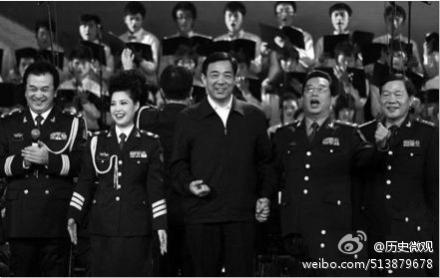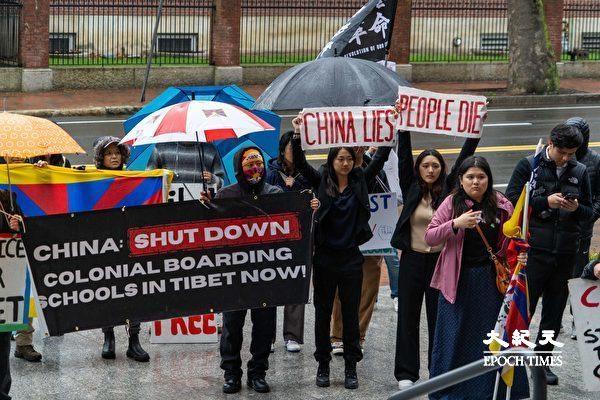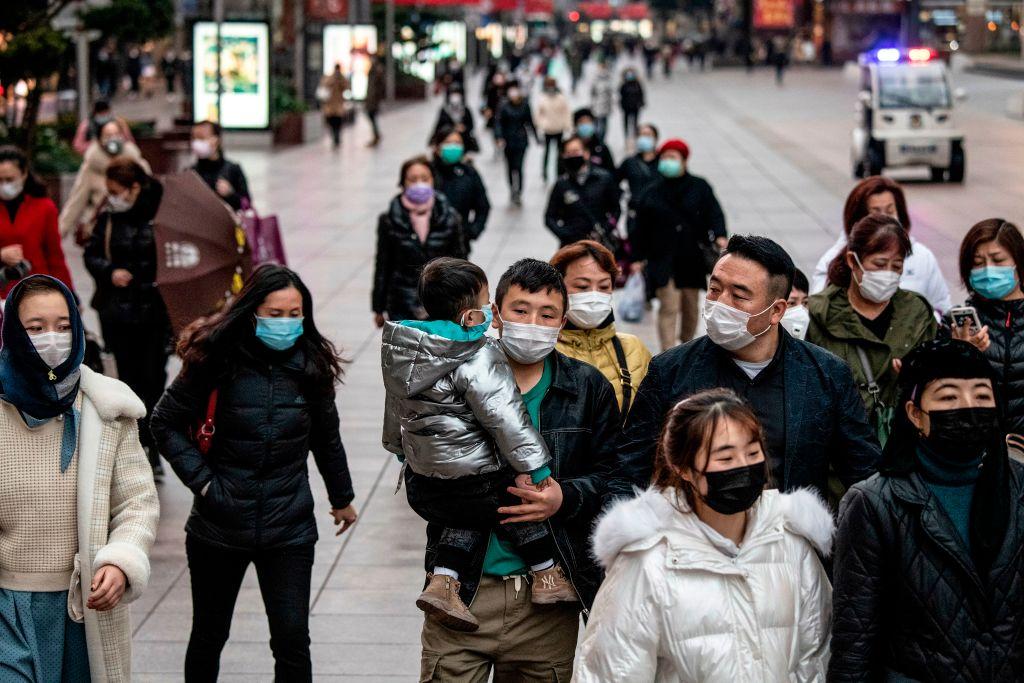The teenage son of a Chinese general has been charged with gang rape, and the unprecedented coverage of the case by Chinese media indicates that the father and his allies are the real target of communist leaders just before several important political meetings in March.
Li Tianyi, 17, is the son of Li Shuangjiang, popularly known as the “king of red songs.” The famous military singer’s son was also involved in a road rage assault in 2011.
According to official Chinese media, Li Tianyi and four other men went out drinking with a woman at a bar in the Haidian District of Beijing on Feb. 17. They then went to a hotel room where they raped the woman, who later contacted the police, leading to all five men being arrested on Feb. 20.
Other crimes perpetrated by the offspring of top Chinese Communist Party (CCP) officials have previously incensed the Chinese public. Commentators believe the media would not dare publicize this event so heavily without orders from above. This indicates that the new Party leader Xi Jinping is preparing to further clean up the gang associated with disgraced princeling Bo Xilai from the Party ranks, analysts say.
Wang Feng, an editor with Hong Kong’s South China Morning Post, was among the first to break the news on Weibo, China’s Twitter-like service. “A message from Beijing: Haidian District Public Security Bureau arrested a gang rape suspect by the name of Li Guanfeng last night. Though the name was different, people still could recognize who the young man really was.” Attached to the post was a website about Li Tianyi.
The story was later confirmed by Sina and QQ that Li Tianyi had indeed been arrested, but details were not disclosed. That evening, the news was reported by Xinhua, Chinese Central Television, and various other official media.
The next day, other media publicized the story with sensational titles to attract attention, like “Did Li Tianyi ‘destroy his dad’ or did Li Shuangjiang ‘destroy his son?’” and “Why couldn’t Li Shuangjiang’s red songs save his own son?” Political affairs commentator, Zhou Xiaohui said this heavy-handed style of reporting serves to tarnish Li Shuangjiang’s “positive” image in the public eye, portraying him as a corrupt official who spoils his son.
Zhou believes the media coverage actually aimed to further discredit Bo Xilai’s ultra-leftist campaign of singing red songs, and to warn Bo supporters, including ex-Politburo member Zeng Qinghong and Zhou Yongkang, former security chief. Zhou says there is no doubt that Xi Jinping is behind the way the event was handled.
While mainland media were busy exposing Li Shuangjiang’s dirty laundry, so-called inside information appeared on the Internet that the parties would settle outside court.
On Feb. 26, a Sina Weibo account called “Whistleblower Dunan,” with 130,000 followers posted: “Insiders’ leak, the woman withdrew the charges and agreed to settle. Because Li Tianyi is not 18 years old yet and was drunk at the time, even if he was sentenced, it is very unlikely he would get a heavy sentence. The parents of the five young men involved negotiated for a long time with the young woman’s parents. The woman has been promised huge financial compensation, including Beijing residency, a job, and an apartment in Beijing.”
The news of a settlement was lightly reported—but the ensuing denial by Beijing police received heavy coverage.
Zhou Xiaohui said that since the 18th Congress in November, Xi Jinping has been trying to weaken the faction connected to former leader Jiang Zemin, through further controlling the political-legal system, talking about “constitutionalism,” and signalling an end to the current system of re-education through forced labor.
“In the meantime, Jiang’s faction has been muddying the waters,” Zhou said. Bo Xilai went on a hunger strike in jail and refused to cooperate with the investigation. The faction members deliberately spread negative information about leaders Hu Jintao, Wen Jiabao, Xi Jinping, and Li Keqiang. All these show that the high-level political struggle did not end with the closing of the 18th Congress, but is continuing to roll along, Zhou said.
Read the original Chinese article.




